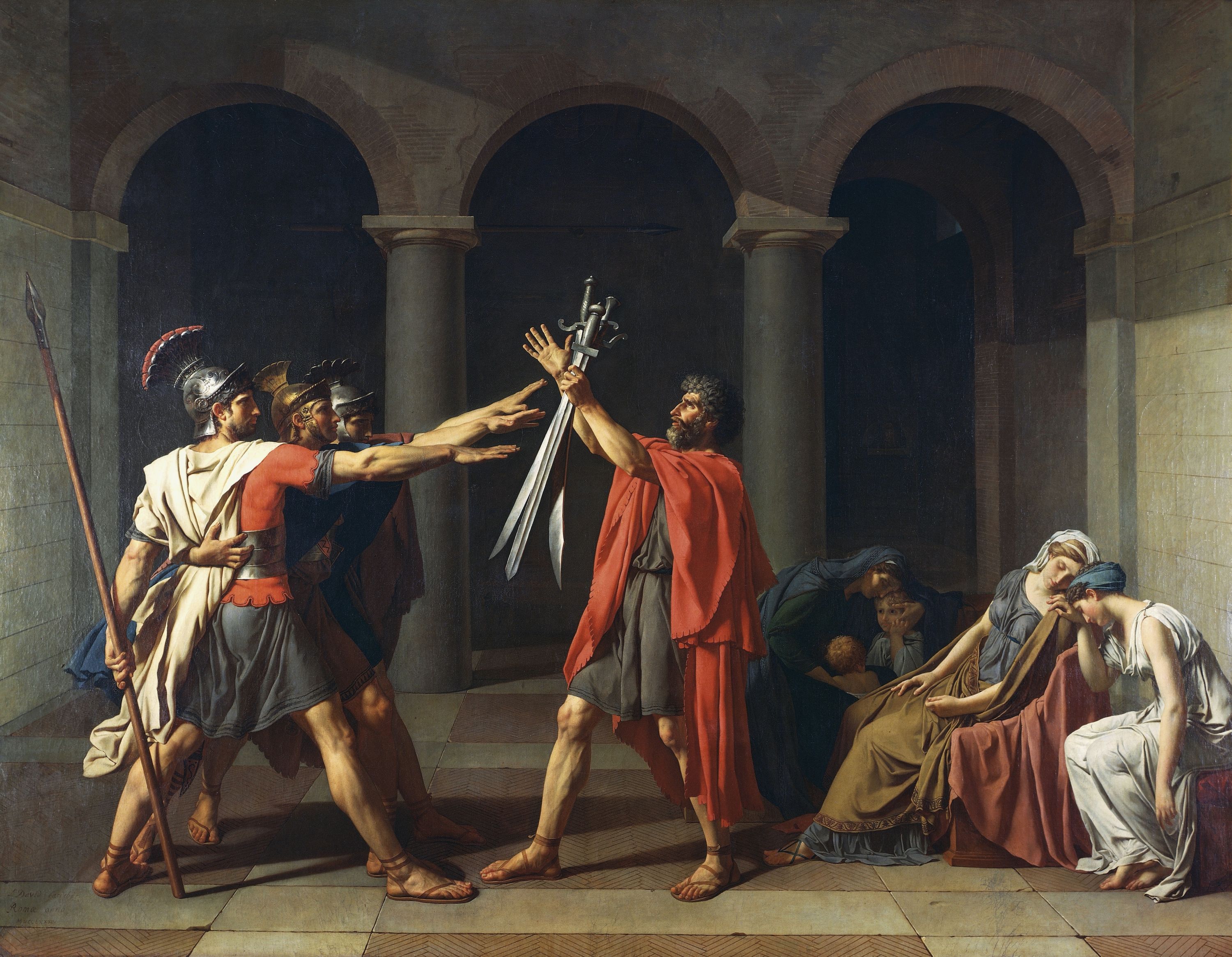In his epic offering to the glory of Rome, Virgil set the Romans different from the “others:” Those others “could plead their cases better,” he wrote, “chart with their rods the stars, draw from the block of marble features thick with life.” The Roman arts differed, the Roman had to put his “stamp on the works and ways of peace/to spare the defeated, break the proud in war.”
The American president is not Augustus, our military is not the Roman Legions. We can let Rome be as precedent, we can settle for more proximate history: the burden and the power assumed by Pax Britannica, and the baton being passed, within the Anglo-Saxon family, as it were, to Pax Americana. Nowadays, that “imperial” idea is in retreat, and the custodians of American power are reluctant to accept the burden that comes with maintaining and defending the international order. Our colleague Charles Hill has written and brooded over this for years: he had been a public servant and a diplomat of a larger and more confident America. If this is imperial sunset, Hill can chart as precious few others can the American trajectory in recent years. The inspiration for this, our fifth Caravan expedition, comes from him.
The Caravan’s writers will be rolled out in the next two weeks. A new essay will be posted every two days. We start with Charlie Hill and Russell Berman.
-- Fouad Ajami
(Photo Credit: The Oath of Horatii, 1784, by Jacques-Louis David (1748-1825), oil on canvas, 330x425 cm/ Getty Images)








